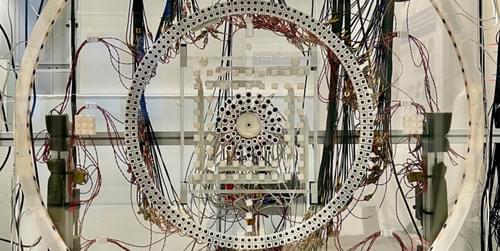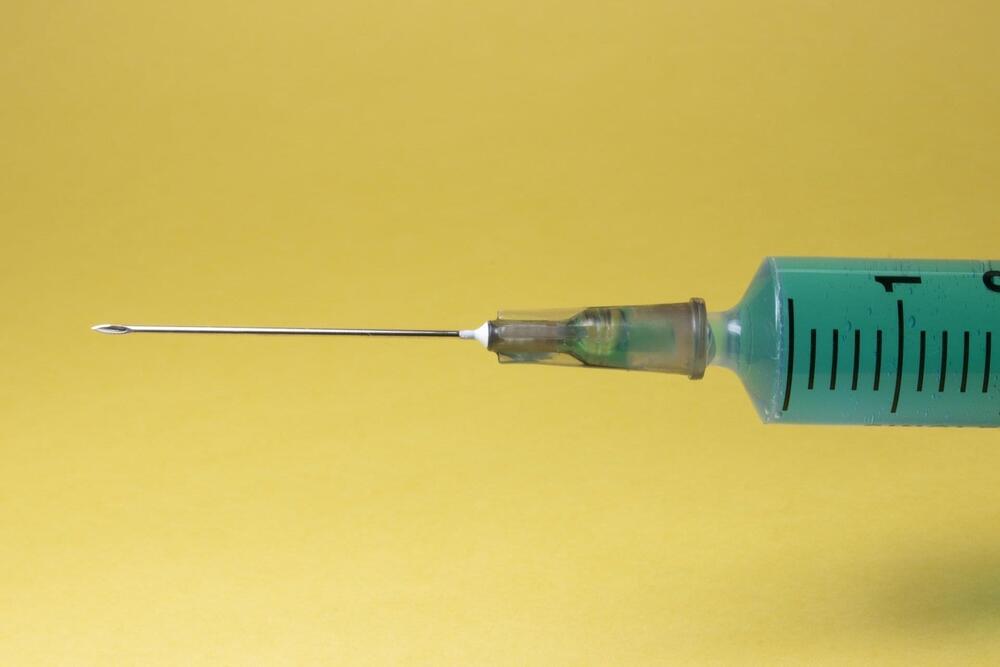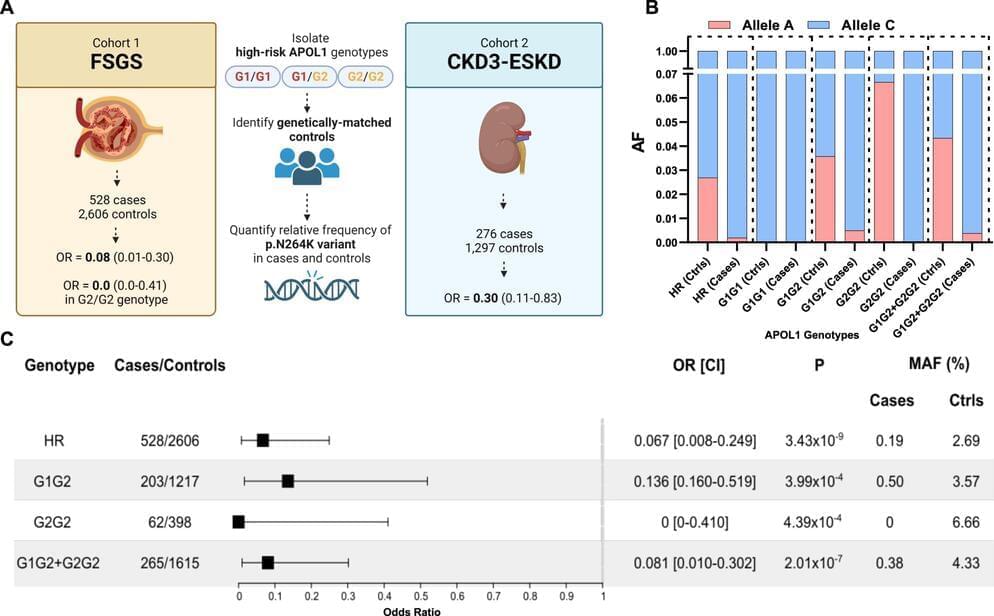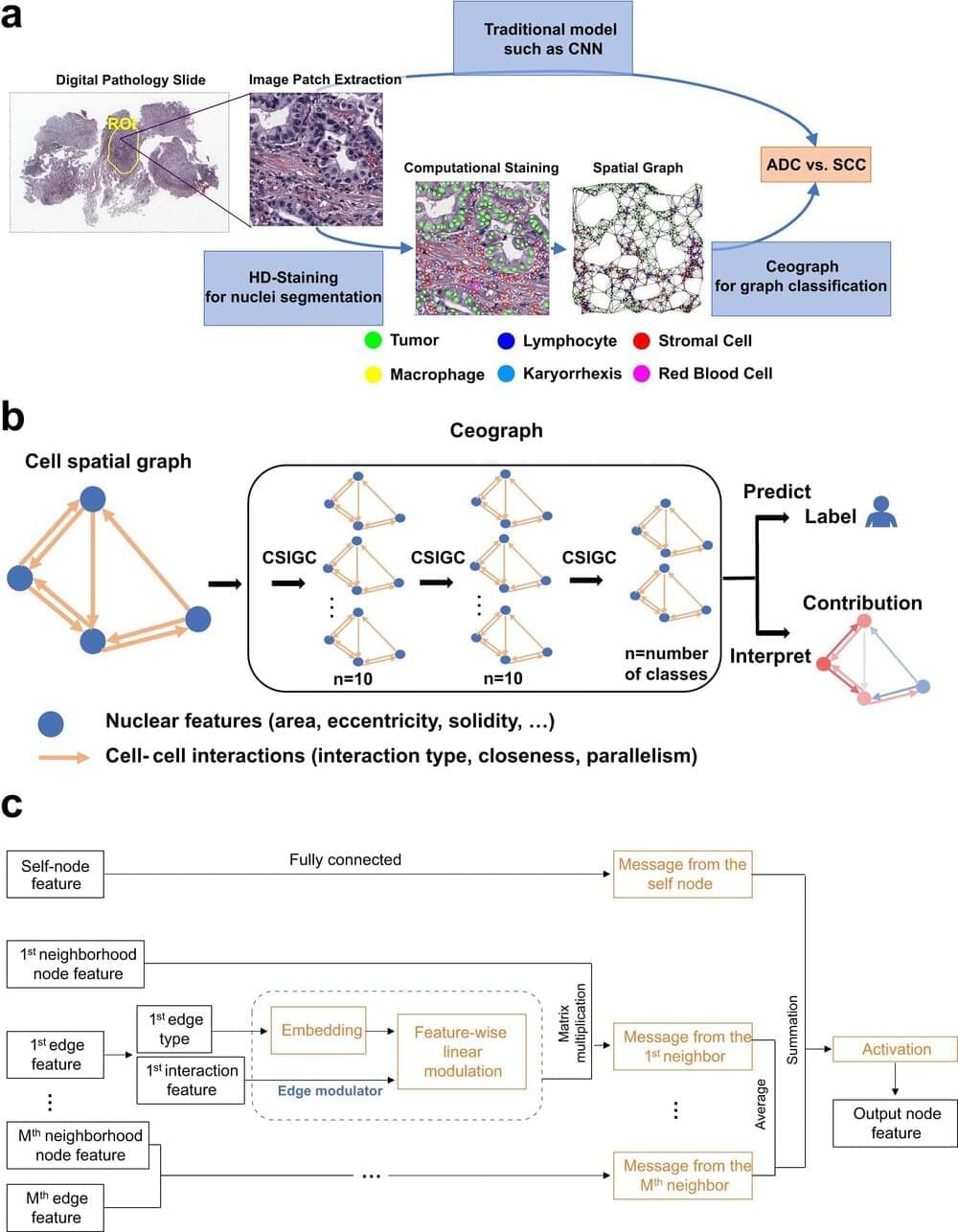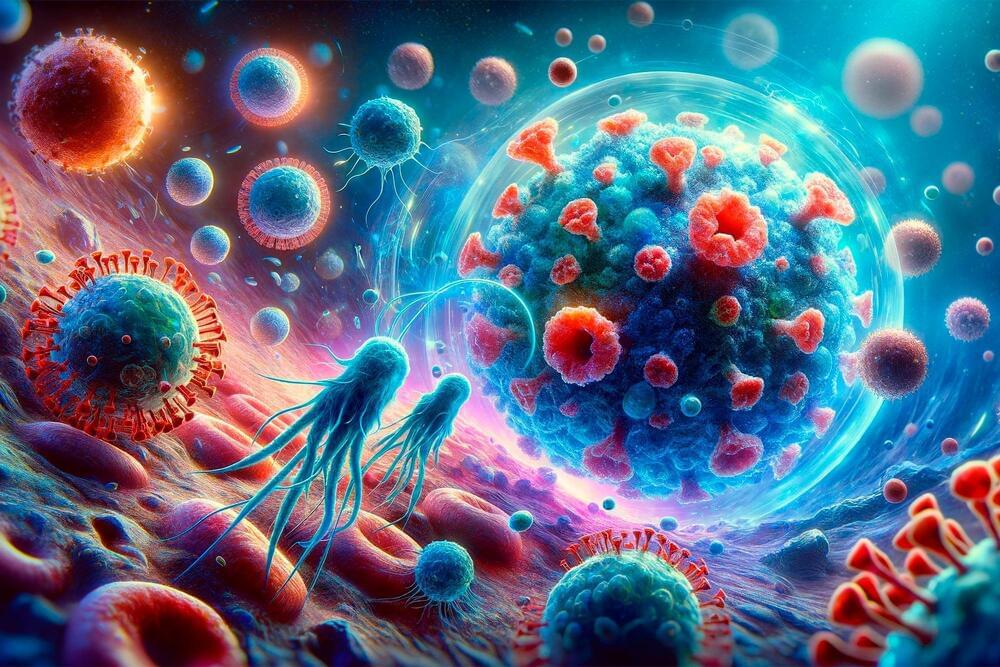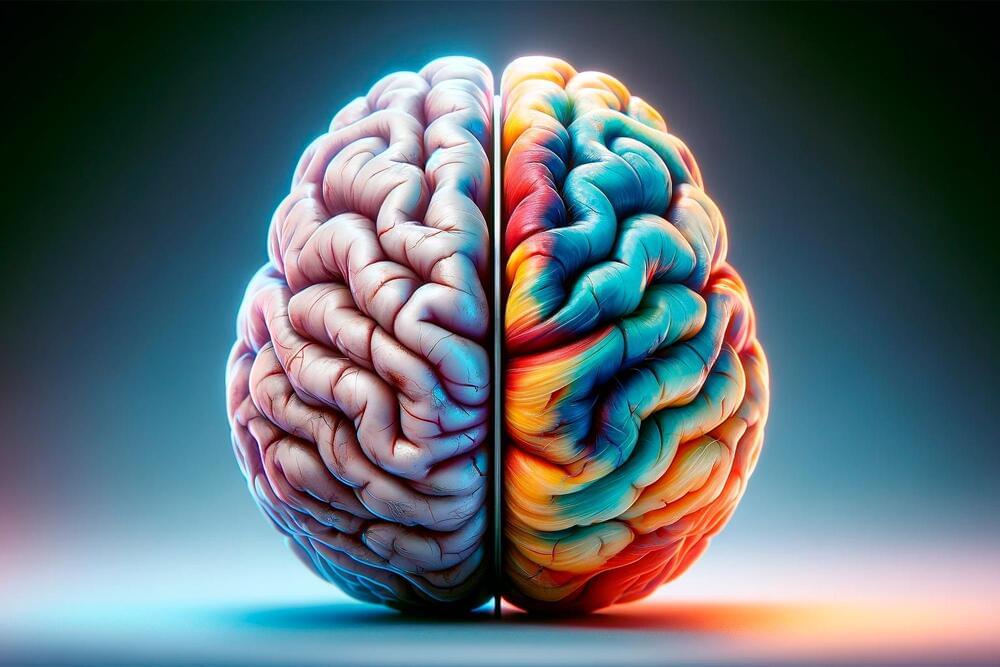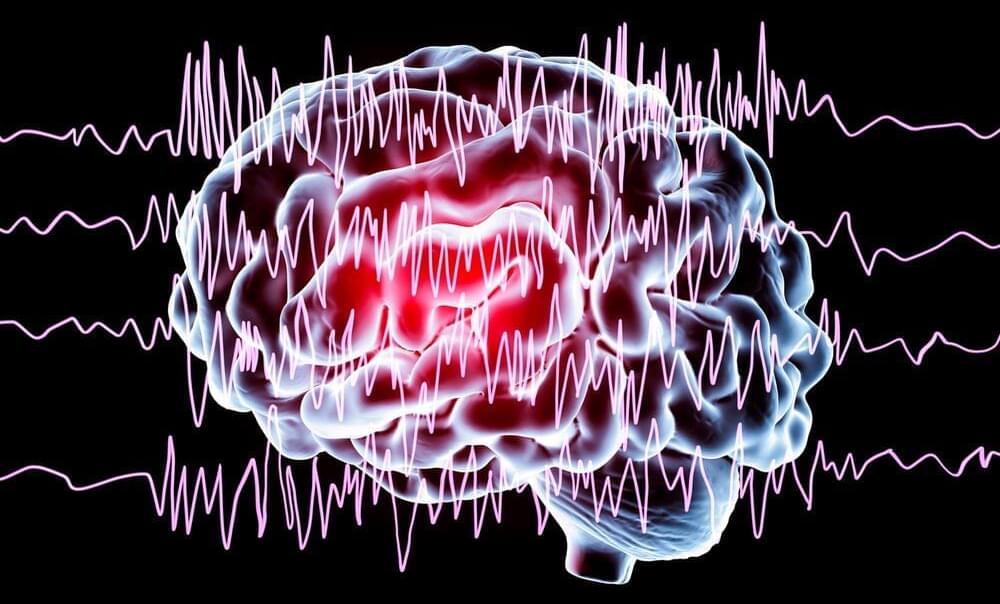Producing fake sound reflections that simulate the presence or absence of an object could allow the military to hide assets underwater.
A hologram plate simulates the presence of a three-dimensional object by reflecting the appropriate light waves. Now researchers have demonstrated an equivalent behavior with sound by precisely mimicking the acoustic pattern scattered from an object [1]. The technique could be useful in military efforts to hide or disguise underwater objects, or it may be useful in modifying the reflected sounds of objects so that they are easier to identify by people with impaired vision.
The sound waves reflected from an object can be used to reconstruct its position and shape, an idea routinely exploited in sonar and ultrasound imaging. In principle, using similar concepts, a cleverly produced pattern of scattered waves streaming out of a small region could signify that an object is present when it is not. Several recent attempts to realize such “acoustic cloning” have been unsuccessful because of limitations in recording the precise pattern of waves an object reflects, a necessary preliminary step.
